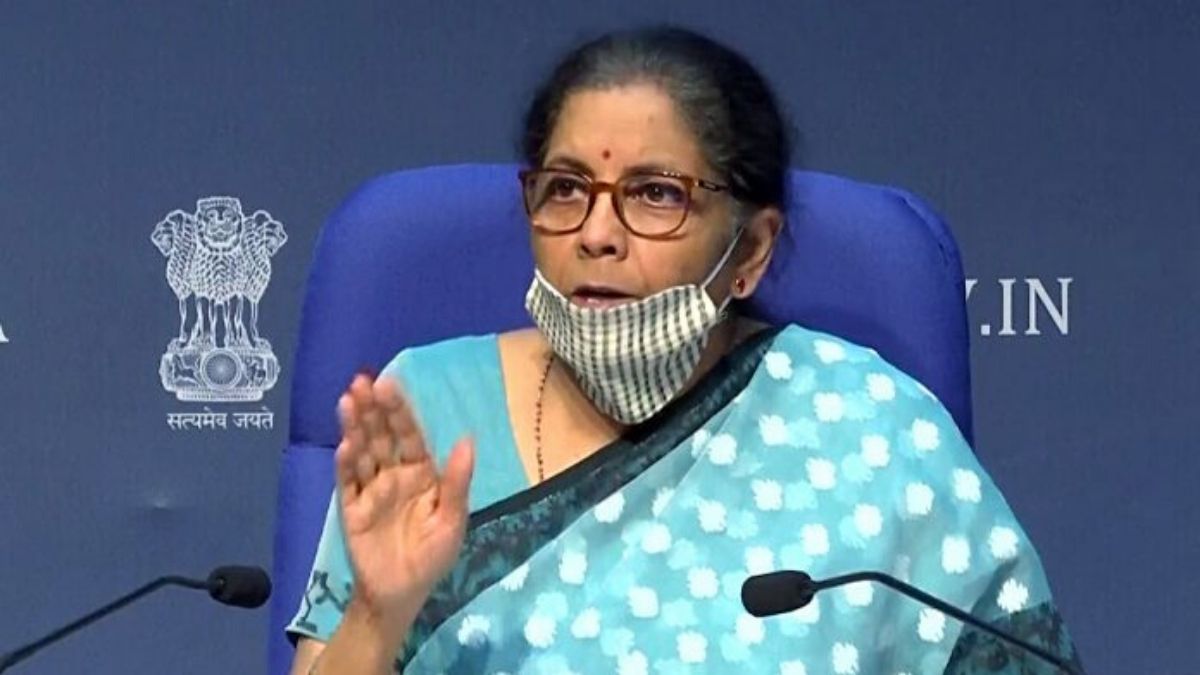


The Union Budget was hailed as “once-in-a-century” budget when introduced by Finance Minister Nirmala Sitharaman in February this year, but the second wave of Covid-19 threatens to derail the move, if a Reuters report is to be believed.
“The budget aimed to revive Asia’s third-largest economy via investing in infrastructure and health care, while relying on an aggressive privatisation strategy and robust tax collections—on the back of projected growth of 10.5%–to fund its spending in the fiscal year,” said the report as it added that at the time, a massive Covid-19 vaccination drive and a rebound in consumer demand and investments had put the economy on track to recover from its deepest recorded slump.
With India reporting more
than three lakh daily infections and many parts of the country under “varying degrees of lockdown”, most of the growth projections that the budget was built around are now mired in uncertainty, Reuters added.
Earlier this week, Moody’s said that India’s severe second wave will slow the near-term economic recovery and it could weigh on longer-term growth dynamics. It cut its GDP forecast to 9.3% from 13.7%.
While the government maintains it is too early to revise its own numbers, as per Reuters, officials privately concede growth will be much more muted that previously anticipated if social distancing measures continue.
Covid-19 has also hit the bureaucracy hard with many key officials infected by the virus, slowing decisions on privatisations, among other proposed reforms. Two senior officials told Reuters that the privatisation of assets such as oil refiner Bharat Petroleum Corp and national carrier Air India, where processes are well advanced, may now be pushed into early 2022—some three months later than previously planned. “The virtual data room for BPCL has been opened for initial bidders but given the lockdown, physical verification of assets is unlikely right now,” one of the officials said.
The delays will affect a series of other privatisation plans including two banks, insurance and energy companies, that are at the centre of reforms proposed by the budget. The pandemic is also likely to delay the listing of India’s largest insurer Life Insurance Corp, they told Reuters.
Another official said the lockdowns will start affecting tax collections by June, potentially lowering revenues 15%-20% from what was estimated for the quarter.
With the projected fiscal deficit target pegged at 6.8% of gross domestic product and a soaring borrowing programme, delays in the privatisation plan and the anticipated shortfalls in tax revenues are already prompting cuts to some of the government’s previously earmarked expenses, two officials said. “We are looking to press a pause button on some of our non-priority spending,” Reuters quotes one of the officials as saying.